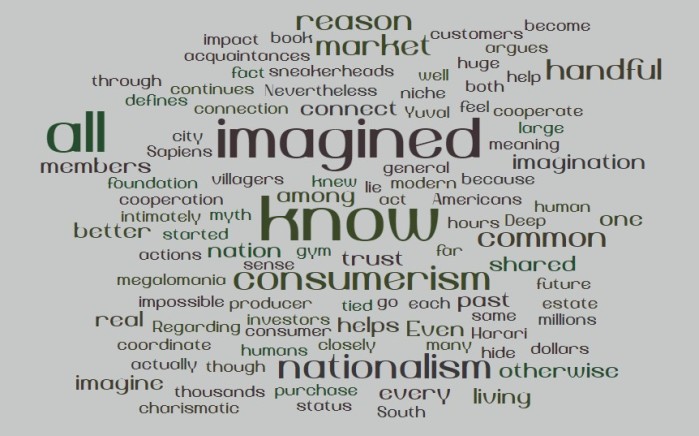In The Better Angels of Our Nature Steven Pinker presents an idea from Historian Evan Luard which frames the conflicts of the early 20th century against the conflicts which followed. Luard argues that the world transitioned from an Age of Nationalism to an Age of Ideology following the United States engagement in WWI.
Pinker writes, “Luard ends his Age of Nationalism in 1917. That was the year the United States entered the war and rebranded it as a struggle of democracy against autocracy, and in which the Russian Revolution created the first communist state. The world then entered the Age of Ideology, in which democracy and communism fought Nazism in World War II and each other during the Cold War.”
This is a helpful, broad overview of recent human history and the two major wars that still play major roles in our collective memories. However, it isn’t a perfect explanation and framework for understanding our history. While it is possible that humanity moved in a direction of ideology relative to a framework dominated by nationalism, it leaves us with an incomplete picture that is too final in its treatment of nationalism and too strong in its treatment of ideology.
Nazism was centered around the idea of an ethno-nationalist state. It is hard to argue that it was not a continuation of nationalism and was more focused on ideology. Democracy was (and still is) highly tied to specific nations, as was (and is) communism. The ideologies may have been the leading banners, but the nation states were still the leading actors. Ideology is a broad concept, and when you dig below the surface, few people truly have a consistent or well pieced together ideology. Even for large ideologies like democracy or communism – relative to fascism which I would argue acts more as a catchall term for bad governance – people have trouble truly defining what ideologies mean and represent. People tend to have strong identities and weak ideologies.
Nevertheless, we can see that there was a change between the first and second world wars, a change that took place in the later half of the 20th century as Pinker notes based on Luard’s writing. In the case of the 20th century, I would argue it was not a change from nationalism to ideology, but a change in what were the most salient aspects of nationalism. Humans shifted from conceptualizing a nation based on loyalty leadership and familial bloodlines to conceptualizing a nation based on collective efforts of governance.
Characterizing the world in terms of broad ages will necessarily miss nuances like the ones I tried to tease apart here, but they help us see that what applied in the past may need to be adjusted before being reapplied to the present or future. That is the case with viewing history as an Age of Nationalism transitioning to an Age of Ideology.


